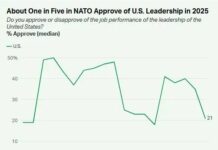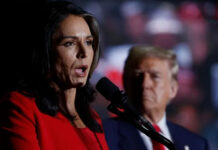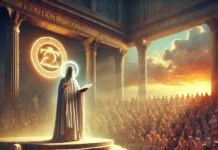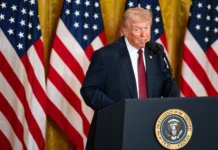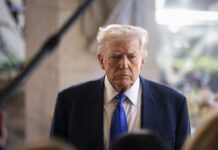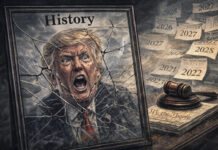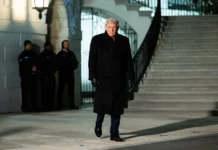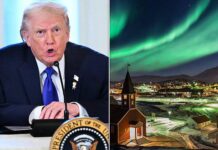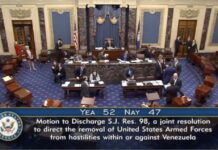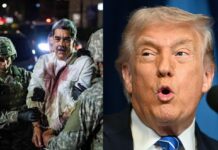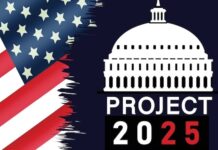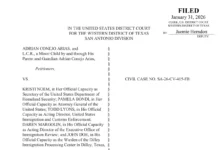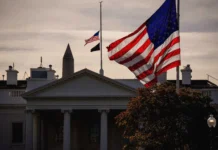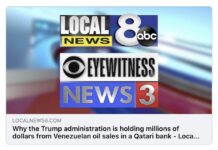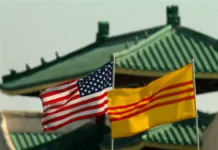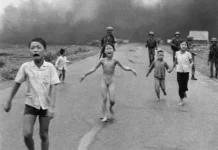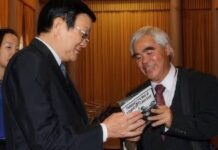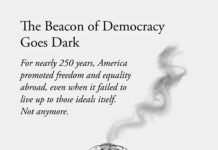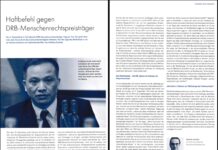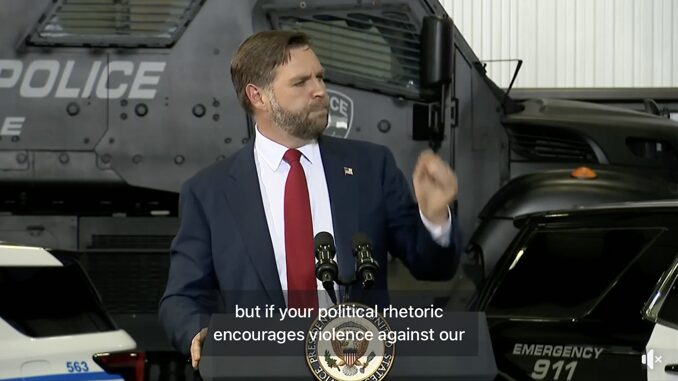
By Hoàng Việt
Vice President JD Vance’s recent remarks — “if your political rhetoric encourages violence against our law enforcement, you can go straight to hell and you have no place in the political conversation of the United States of America” — may sound, at first, like a firm defense of law and order. But read carefully, and you see something far more dangerous: the slow, deliberate erosion of free speech.
The Problem with “Rhetoric as Violence”
In American democracy, words are not violence. The First Amendment was designed precisely to protect speech, even speech that criticizes or mocks government authority. By equating rhetoric with physical violence, Vance is blurring the line between dissent and crime.
This is not just semantics. If a journalist reports on ICE abuses, if a protester denounces police brutality, if an activist accuses the government of breaking the Constitution — all of these statements could, under Vance’s logic, be branded as “encouraging violence.” And once branded, silenced.
The Theater of Power
The image of Vance standing in front of police vehicles, flanked by the word EMERGENCY, was no accident. It is political theater: tying his authority directly to the state’s coercive power. The subliminal message is clear — oppose my immigration policies, and you oppose the very idea of law enforcement.
This is a classic tactic of authoritarian politics: collapsing legitimate criticism into subversion.
The Chilling Effect
Perhaps the most chilling part of Vance’s statement is not the insult (“go straight to hell”) but the exclusion: “you have no place in the political conversation of the United States.” That is not the language of democracy. Democracy thrives precisely because everyone has a place in the conversation — even those we dislike, even those we believe to be wrong.
When leaders begin dictating who belongs in the “political conversation,” democracy begins to shrink. The result is silence: self-censorship by journalists, fear among activists, hesitation among citizens.
History’s Warning
We have seen this movie before. When governments broaden the definition of “dangerous speech” to include political dissent, the next step is inevitable: surveillance, censorship, prosecution. From Nixon’s “enemies list” to modern authoritarian regimes, the logic is the same: dissent equals threat, and threat must be eliminated.
The Stakes for America
The United States was founded on a radical idea: that the government cannot decide which voices are permitted. Today, that principle is under attack from within. Vance’s remarks may seem like partisan rhetoric in the heat of the immigration debate, but they are in fact an attempt to redraw the boundaries of political legitimacy itself.
If criticizing ICE or border militarization can be cast as “encouraging violence,” then what is left of free speech?
Conclusion
Vice President Vance’s words are not merely about immigration. They are about who gets to speak, who gets to dissent, and who gets to be part of America’s political life. That makes his remarks not just dangerous, but un-American.
Because once free speech becomes conditional — it is no longer free.
